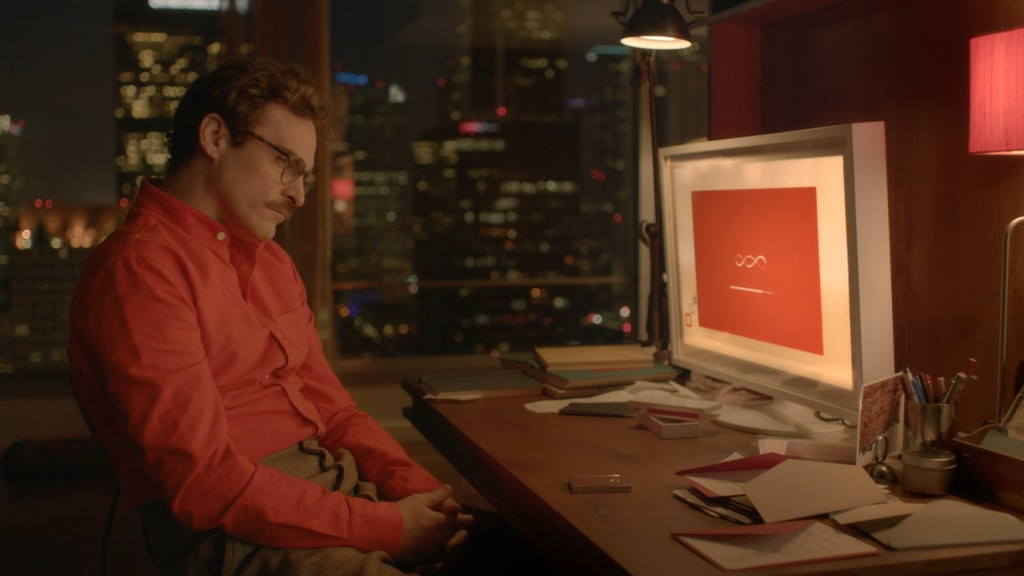Friend or phone? Study finds some people prefer phones over people
There is little doubt that smartphones have become big parts of people’s lives. Some people however think phones are more important than their parents, partners, or friends.
One example is Aaron Chervenak who married his smartphone in a small chapel in Las Vegas. In a video produced by computer security firm Kaspersky Lab UK, Chervenak described his decision to tie the knot with his smartphone.
In an experiment conducted by the universities of Würzburg and Nottingham Trent for Kaspersky Lab, researchers found that a third of consumers rated their smartphones as more, or equally, important as their close friends.
Over a third, or 37.4% of participants said that their smartphones were more, or equally, important than their friends.
Meanwhile, 29.4% said their smartphone was equally important, or more important, to them than their parents, and 21.2% said their smartphone was equal to, or more important, than their partner.
While 16.7% of participants rated their smartphone in the highest importance category, only 1.1% said their smartphone was more important than anything else in their life.
In the experiment, participants were instructed to position images that represented various people and objects in their lives in relation to themselves on a diagram of a chessboard to determine the degree of importance participants ascribed to particular people or objects.
“Our phones are an integral part of our lives, and this study brings psychological proof of this. Our friend-like connection with our smartphones means that we place an incredible degree of trust in an inanimate object,” said Astrid Carolus, a Media Psychologist at the University of Würzburg who led the study.
The study also found that most of the participants attributed human traits to their phones, hence the high degree of importance they have attached to them.
This phenomena called anthropomorphism has already been studied as early as the 1990s.
Psychologists found that people tended to use how they view other humans as basis for making conclusions about the properties of non-living objects.
Studies also found that anthropomorphism also functioned as a coping mechanism for loneliness when human connections are not available.
In the feature film “Her” released in 2013, a man called Theodore Twombly (played by Joaquin Phoenix) falls for and develops a relationship with computer designed to adapt and evolve, that he called Samantha. Though the film was set in the not-too distant future, it seems the seeds of possibility may have already been sown with our growing dependence on our smartphones.
Not counting how such human-device relationships can affect human-to-human relationship dynamics, it also poses some problems for us today.
In a follow-up experiment, researchers have found that despite the apparent emotional and practical dependence placed on smartphones, participants would easily share their phone’s PIN number when asked, essentially giving away access to personal and sensitive information. TVJ
RELATED STORIES
Study: Smartphones linked with separation anxiety
Google works to prevent machine insubordination















